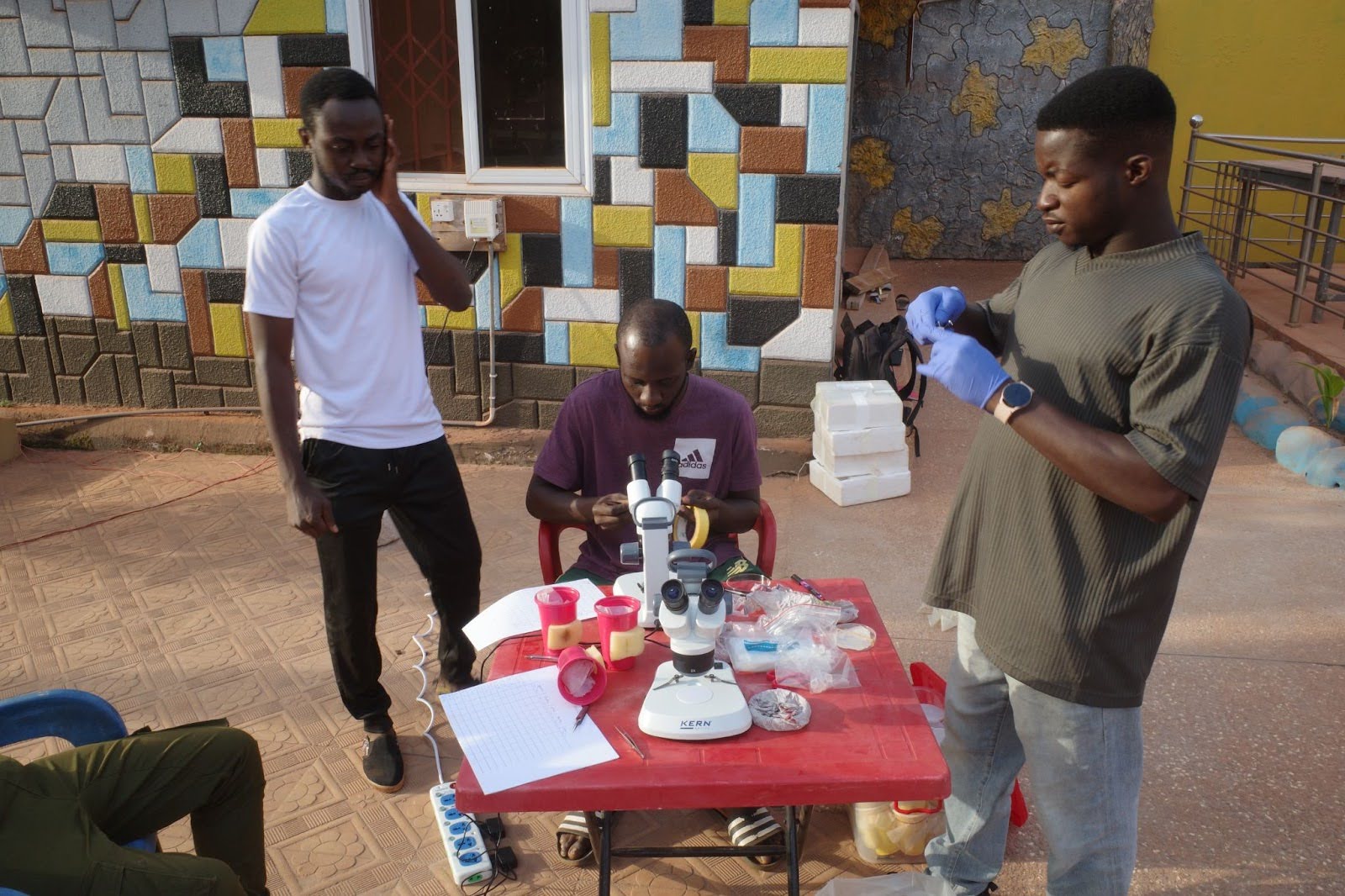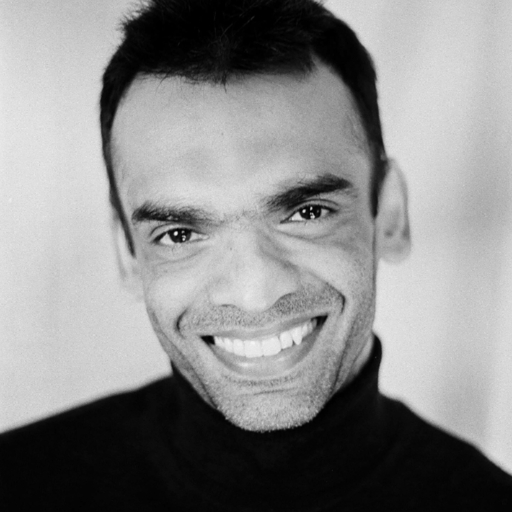Dispatch from Canada: Back from six weeks of reporting from West Africa

I am back in Montreal after six weeks of fieldwork in Senegal, Ivory Coast, and Ghana. I shared my insights from the two Francophone countries in my previous newsletters.
Let’s talk about Ghana now.
While the former British colony’s primary source of income is raw materials export, Ghana, unlike Senegal and Ivory Coast, has local industries and manufacturing. Also, unlike former French colonies in the region, its economy is not dominated by its old colonial power and has its own currency.
Ghana is comparatively better integrated into the global economy, including with countries of the south, with its major export partners being China, South Africa and the Gulf countries.
And so I have stories from Ghana that aren’t stereotypical development stories. For example, I spent time with researchers at Kumasi’s Kwame Nkrumah University of Science & Technology, one of the best in Africa. As part of Canada’s IDRC-funded project, the researchers are working on AI for epidemic and pandemic preparedness to strengthen Ghana’s epidemiological surveillance system.
The project involves communities and local knowledge in addition to students and researchers. Researchers deploy AI models and sensors to study mosquito wingbeats to determine the types of mosquitos and the viruses they may carry. In its infancy, the project eventually hopes to create a data dashboard for the country’s health authorities to inform their health interventions.
In Accra, I met with maternal healthcare professionals who piloted an AI project to intervene with expecting and new mothers in villages and answer inquiries using text messages.
Due to a lack of infrastructure, pregnant women in far-off places are often unable to reach clinics and hospitals in time, leading to complications. This intervention provided verified information and filled a critical gap in Ghanaian healthcare by bringing care to people’s homes. Jacaranda Health hopes to scale the project one district at a time and extend coverage to the entire country. The program was piloted in Ghana following its success in Kenya, another African country with a diversified economy.
As I mentioned in my previous dispatches, Senegal and Ivory Coast have been reduced to providing cheap raw materials for Europe with little return. Developing a country by just selling a cash crop like cacao is hard.
Perhaps I saw AI projects in Ghana because the country is not a mere extractive hub and has the requisite economic capacity to implement more advanced development work.
Have you found us on Bluesky yet?
We’ve added numerous Canadian non-profit groups to our Bluesky starter pack, but we know there are more. If your organization—non-profit, funder, foundation—has an account on Bluesky, please respond there or shoot me an email to let me know!
– Elisha Dacey

